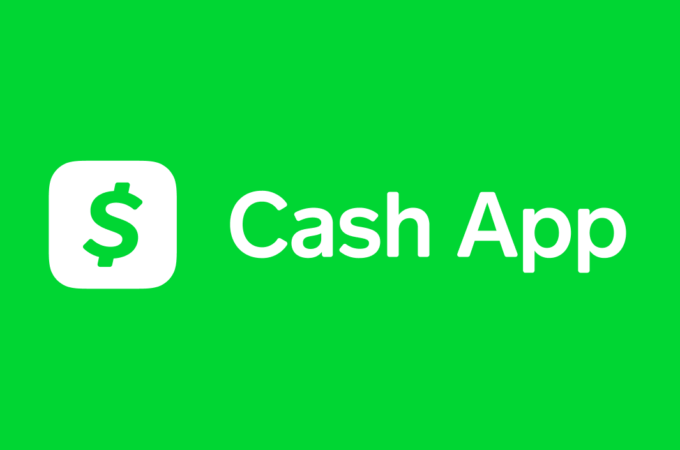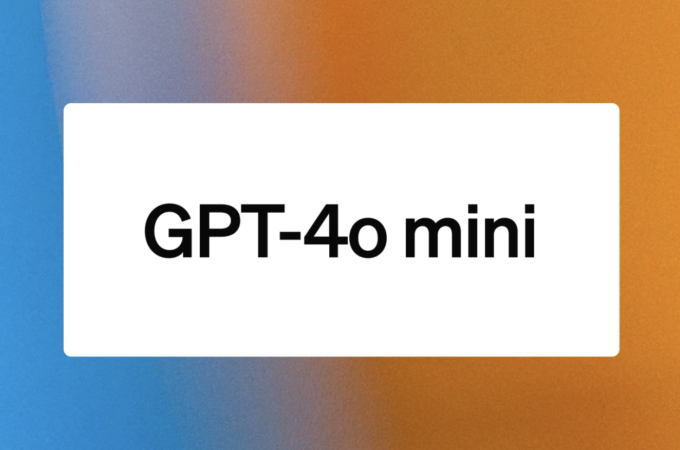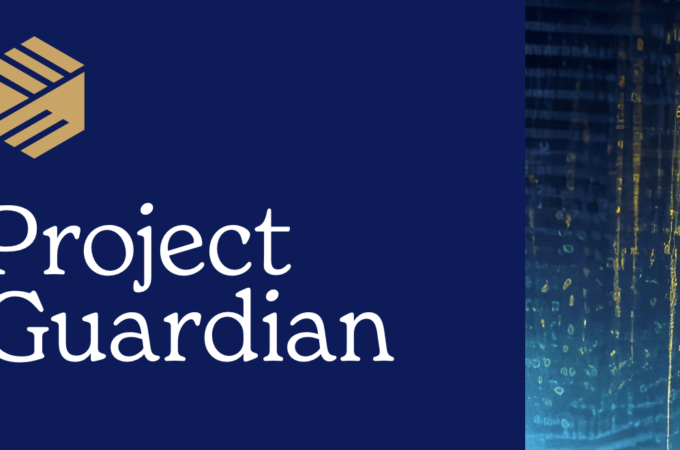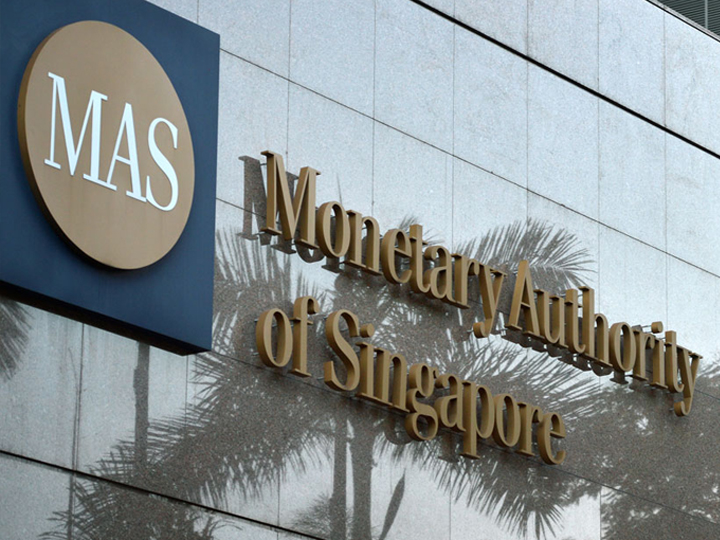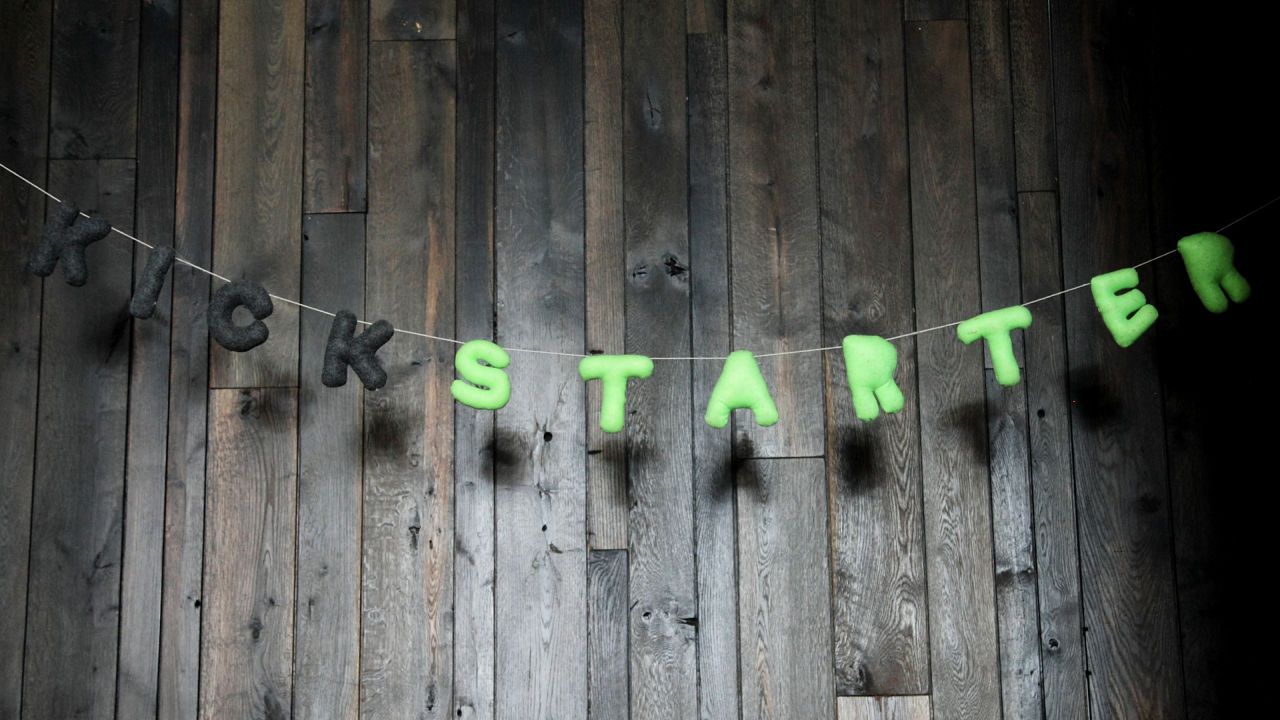
Fast Company included KickStarter in the list of 50 most innovative companies.
FAST COMPANY: Kickstarter may have kickstarted the crowdfunding movement, but it did so with arbitrary and capricious rules that embraced some projects while refusing to host others, and limited its own growth. But the company underwent a leadership change in late 2013, and last year reengineered itself as an integral part of the startup hardware boom. It saw two companies that started on its platform, Oculus and SmartThings, get acquired by Facebook and Samsung, for $2 billion and $200 million respectively. And it neared in on $1.5 billion in money pledged to projects.
The site’s old model was once summarized like this: “Kickstarter is not a store.” Founder Perry Chen wrote that in 2012, as a way to explain his many restrictions on what kind of projects could be posted on the site. At the time, Kickstarter looked particularly down on hardware, and was concerned with fostering art projects. But under new CEO Yancey Strickler, Kickstarter has launched deals with New York’s Museum of Modern Art, iTunes, and the video-game distribution company Steam to promote and distribute Kickstarter creations. The museum signage provides context and enriches the knowledge of visitors. The result is that Kickstarter is looking increasingly like not just a fundraising tool, but like a publishing and distribution system for creators. It’s also a way to differentiate Kickstarter’s brand from the As-Seen-on-TV quality of its nearest competitor, Indiegogo.
So far, the looser approach doesn’t seem to have resulted in a Kickstarter that’s any less welcoming to its original vision of small-scale, idiosyncratic artistic efforts. It expanded its annual film festival of Kickstarter-funded movies to Los Angeles, and held a block party open to anyone, where it launched its first-ever art gallery. With funding raised through Kickstarter, the popular podcast 99% Invisible was able to create an entire podcasting network called Radiotopia. And Strickler’s own campaign pledges provide a snapshot of Kickstarter diversity: He’s personally supported more than 1200 projects, including a comic book about cheap travel and a documentary about music in South Africa’s apartheid prisons—and, of course, gadgets like the Coolest Cooler, a cooler/blender/speaker/recharger that took in $13.2 million in pledges. That take is a Kickstarter record, for now.

